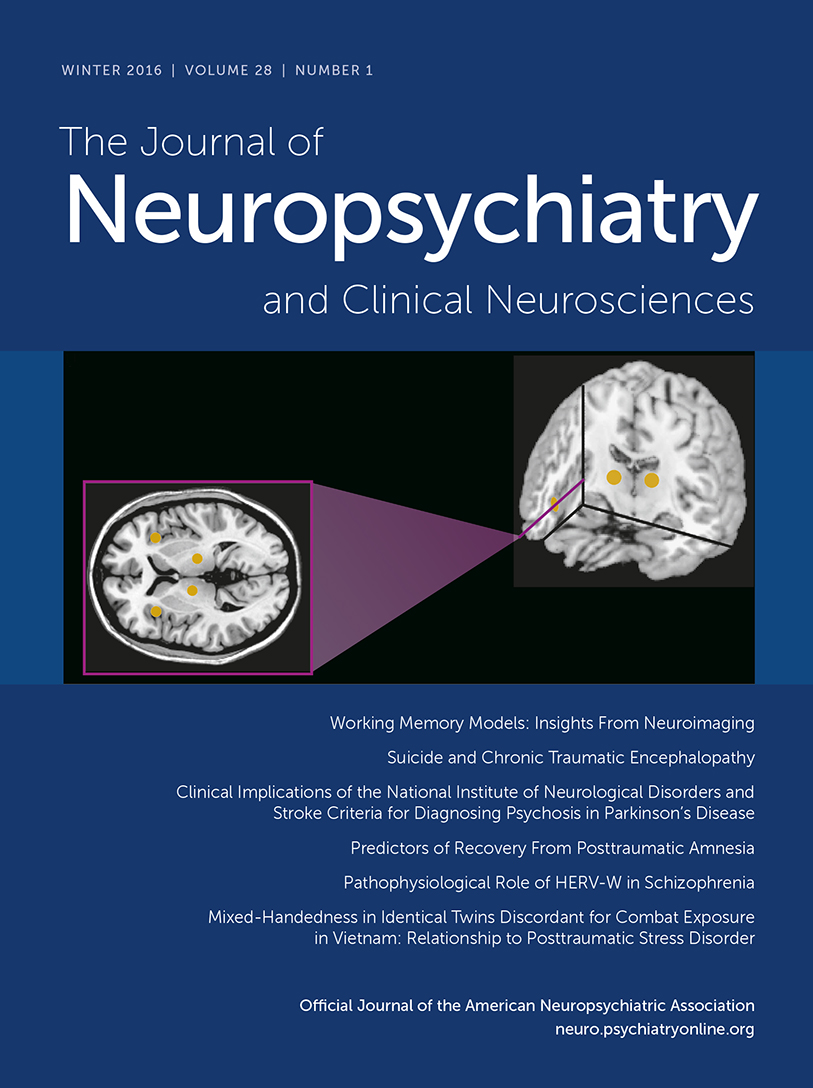Pathophysiological Role of HERV-W in Schizophrenia
Abstract
Schizophrenia is a neuropsychiatric disorder of complex etiology. Human endogenous retroviruses (HERVs) have been presented as possible candidates explaining the connections between the genetic, infectious, neurodevelopmental, and neuroinflammatory aspects of schizophrenia, with the human endogenous retrovirus type W family (HERV-W) showing the greatest evidence of association. Studies have identified retroviral nucleotide sequences, envelope and capsid proteins, and elevated transcription of HERV-W elements in CSF, blood, and brain samples from individuals with schizophrenia. The HERV-W elements can trigger the immune system in a variety of ways. HERV genetic elements may be activated by various prenatal maternal infections, leading to neuroinflammation and genetic abnormalities, altering the development of the brain, and eventually culminating in the development of schizophrenia. This review presents a concise synthesis of available evidence and theoretical speculation regarding the role of HERV-W in schizophrenia. The need for further investigation is highlighted before any conclusions can be stated with confidence.



